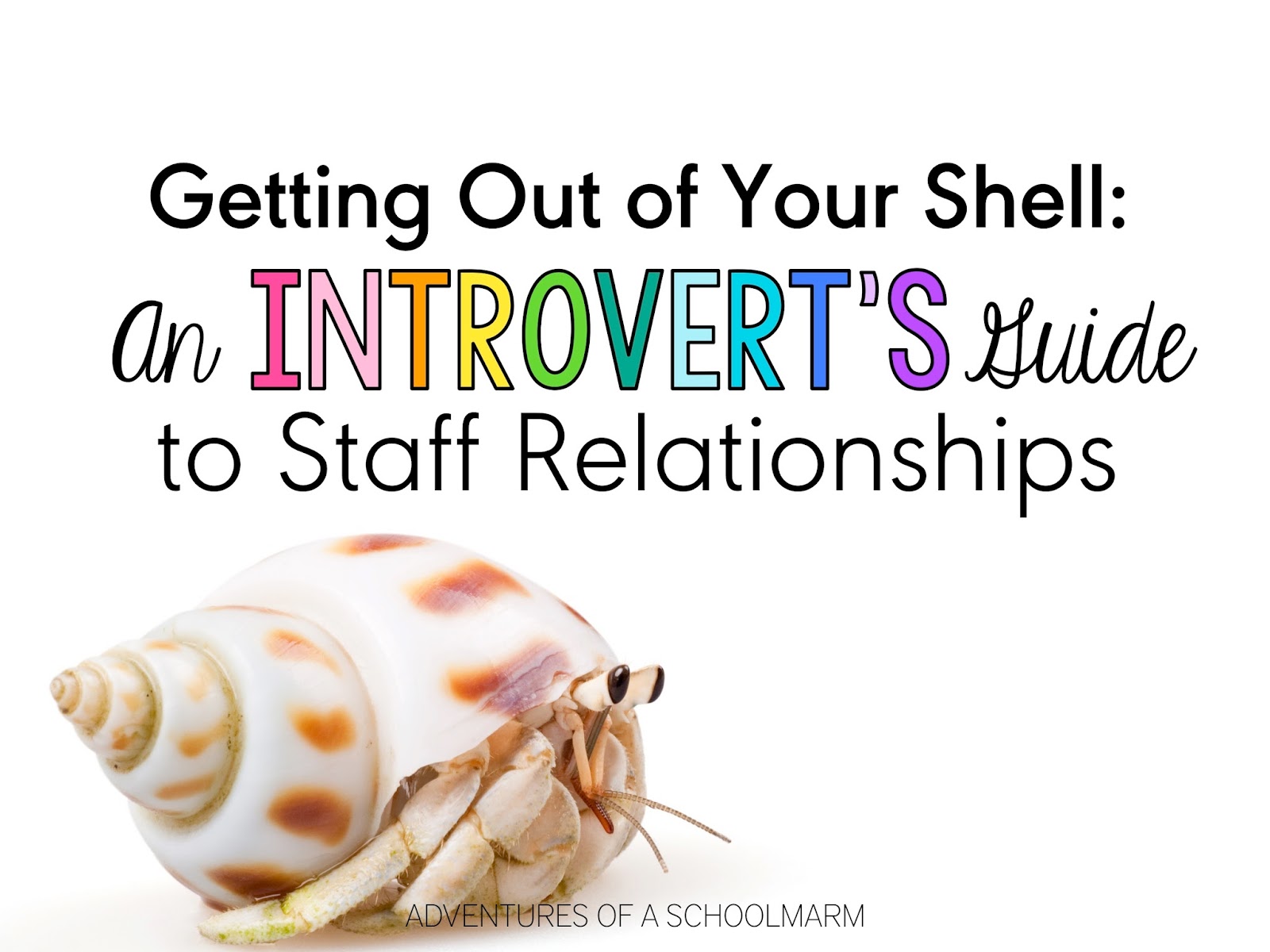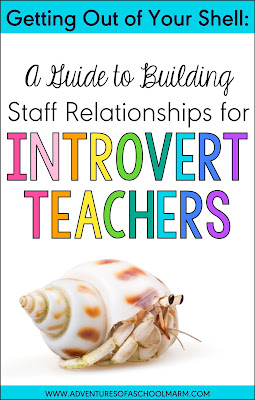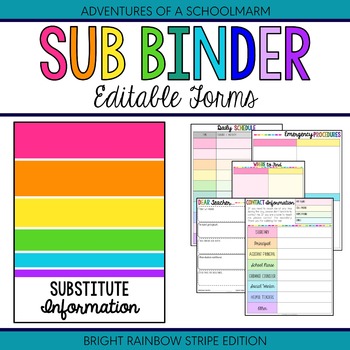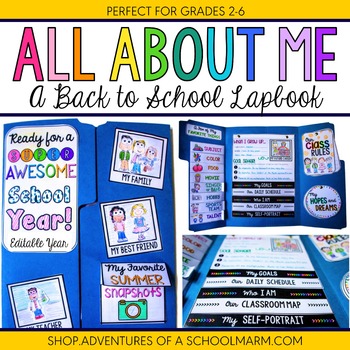Extroverts and introverts often handle the demands of teaching very differently. One expectation for teachers is that they will interact and engage with students all day long. Extroverts tend to perceive this situation as very socially isolating because they are interacting with children, but not other adults. This isolation can lead many extroverted teachers to reach out during natural breaks in the day to intentionally build relationships with other staff members. Introverts can mistakingly perceive these extroverted behaviors as or pushy, demanding, or even rude.
In contrast, the constant interaction with students can lead introverted teachers to feel tired and in much need of down time to recharge. Introverts often prefer to spend their lunches or other natural breaks in the day alone so they are recharged for the rest of the day. As a result, many introverted teachers can struggle to build relationships with other staff members, being perceived by extroverts as shy, aloof, or even snobby. This post will share strategies for introverted teachers to help build relationships at work while still maintaining your sanity.
So what exactly is the difference between an introvert and an extrovert?
In the early 1900s, a psychologist named Carl Jung began distinguishing people as introverts or extroverts. He stated that introverted people are drawn to the inner world of thought and feeling, while extroverts are drawn to the external world of people and activities. Since then, there are many different opinions from psychologists about what truly distinguishes an introvert from an extrovert, but they do tend to agree on this. Introverts are happiest with less stimulation, such as when reading a book or spending a quiet evening in deep conversation with a friend. Extroverts are happiest with more stimulation, such as going to social events and meeting new people. Introverts need to spend time in solitude in order to recharge; extroverts reach out to people and activities to help them recharge.Neither one is better than the other, and no person is 100% either way. We all fall on a spectrum with varying degrees of both traits. If you are curious where you lie, you may like this personality quiz on 16 Personalities website. The last time I took the quiz, it rated me at 76% introverted and 24% extroverted, and I found the entire description to be really accurate! I have shared 10 tips below for other introverted teachers to be able to build healthy relationships at work.
TIP #1: Let people know you are an introvert.
Most people are aware of the concept of being an introvert or an extrovert, but the labels often come with a variety of misconceptions. I have had coworkers assume that I am not an introvert because of how passionately I speak about certain topics, how strongly I advocate for my students, or how ridiculous my voices (yes, plural) sound during read-alouds. (Especially when I am reading something by Roald Dahl!) I have also had coworkers assume I am snobby because I don't like to each lunch in a noisy lunch room. Letting your coworkers know ahead of time that you may need a little more down time or space will help your coworkers to avoid drawing inaccurate conclusions. Most people are very understanding and will give you the space you need, especially once they understand why you need it.
TIP #2: Build time in for rest and renewal.
In order to build quality relationships with other coworkers, you also need to make sure you are in the right frame of mind to do so. This means building in opportunities for rest and renewal in your day, as well as after the school day is done. This will look different for each person, but pay attention to your own needs. For example, on days that I have a "special" in the morning (i.e. time away from students) that is not filled with a mandatory meeting, I am able to eat lunch with coworkers. On those days, I have already had a quiet moment to recharge, so I don't feel drained by spending lunch time with others. However, on days that I have worked with students for 4 hours straight in highly academic subjects, like reading and mathematics, I need to eat lunch by myself so that I am energized enough to teach the rest of the day. My teammates understand that my needs change as our schedules and expectations change as well. However, knowing ahead of time why I need that time to recharge is enough to let my team know I am not being rude or blowing them off.
TIP #3: Use welcoming body language.
Body language is something I have also learned that I need to be more aware of as an introvert, especially when working with extroverted coworkers. For example, during meetings with other colleagues, when someone makes a suggestion or shares an idea, my natural inclination is to soak it in and reflect, rather than responding quickly before thinking. However, for an extrovert, this behavior can be off-putting, making it seem like I am rejecting the idea or that I don't like it. I am learning to offer more welcoming body language, such as smiling or nodding my head to show approval while I take the time to think it through more carefully. Try to be aware of your own body language and what it may be communicating to others.
TIP #4: Make a schedule to check in with coworkers.
As an introvert, I can often get caught up in my own world, neglecting to make time for others. This can cause others to feel unappreciated or like I don't care. One strategy that has helped me is to actually make a schedule for checking in with specific coworkers. For example, I may determine that Fridays are the perfect day to share lunch with a colleague, so I plan for it ahead of time. I might also regularly check in with a teammate as we are walking to pick up students in the morning. Look at your own schedule to determine little moments that might be natural for checking in on a colleague and write it down. I am a huge list-maker, so I have even been known to write this on my to-do list! It helps keep me from being so wrapped up in my own inner thought life that I don't take a moment to check in on others. Sometimes it only takes a moment to make a colleague feel welcomed and appreciated, which can be the catalyst that sparks a lasting friendship.
TIP #5: Prepare questions ahead of time.
One of the easiest ways to get to know your colleagues is to ask them questions about themselves, especially open-ended questions! Make it a priority to ask your colleagues questions about their lives and the things they love. As an introvert, I find that this helps me to make connections to their lives, find things we have in common, and open up about myself. In addition, by coming up with possible questions ahead of time, I am able to steer the conversation in a positive direction. For example, we often hear about how negative "lunchroom chat" can be. I have found that when I join colleagues for lunch, I can change the entire direction of the conversation just by having a few open-ended, positive questions prepared ahead of time.
TIP #6: Take advantage of technology.
Technology, especially social media, is another low-maintenance way for introverts to connect with others. I don't know about you, but I definitely prefer texting with friends over talking on the phone. I also connect with friends via Facebook, Instagram, or Messenger apps much more than I meet with friends in person. I love getting to know friends better through the pictures they post and the articles they share. It also gives me opportunities to bring things up in conversation later. You could even consider opening up a few collaborative boards on Pinterest for your team members. It is a great way to share ideas that you may like to implement in your classrooms!
TIP #7: Join or lead an initiative that you are passionate about.
In many schools, there is an unwritten expectation that teachers participate in a minimum of one committee or school initiative. Committees are a great opportunity for getting to know your colleagues, especially teachers that share a common vision or goal with you, but they can also zap your energy. Don't shy away from leadership opportunities for initiatives that you are passionate about, especially if you have the opportunity to lead a like-minded team. Research has shown that introverts get better outcomes than extroverts when they are leading a group of proactive employees because introverts are generally more willing to listen to their team and implement their ideas. A common vision and shared experiences are a great foundation for lasting collegial friendships!
TIP #8: Volunteer for introvert-friendly tasks.
School involvement is really important, but not every opportunity is equally appropriate for introverts and extroverts. It is important to find a way to give back to your school and colleagues in a way that is also true to yourself. In other words, select something that you can be happy doing! For example, a lot of schools have a Sunshine Committee. This group implements different strategies to help keep school climate positive. An introvert may not enjoy planning (or, let's be real, even attending) many social events for teachers, but may love writing personalized notes of appreciation. An introvert may happily record all the feedback for the Textbook Committee, but may not want to give the presentation at the staff meeting. Volunteer for activities that allow you to serve and connect without draining you or unnecessarily stressing you out.
TIP #9: Reach out in your own way.
Because many introverts are very observant, they often understand much more about the work environment or their colleagues than they ever let on. I have heard it said that introverts are like an iceberg - what you see is just the tip compared to what lies underneath. Use your gifts for listening and your keen powers of observation to reach out to others in personalized and meaningful ways. I actually like to use the Notes app on my phone to keep a list of little things I can do to show appreciation for specific colleagues. For example, perhaps a certain colleague always starts her morning with a fancy coffee from the nearby coffee shop. Leave a little gift card on her desk with a note saying, "The next one is on me!" If a colleague is stressed or running late, offer to run copies for her.
TIP #10: Focus on quality, not quantity.
Don't feel overwhelmed or like you have to build strong relationships with every member of your staff. Remember, introverts love to have deep and meaningful relationships with fewer people, as opposed to be acquaintances with many. A smile, positive body language, and open-ended questions will go a long way when connecting with the bulk of your staff. But true and lasting friendships take time and energy to develop, so don't feel frustrated if you don't instantly have a "work bestie". At the same time, don't write off your coworkers, either. Not clicking with anyone in particular yet? Just remember to be open to others. You may be surprised how much you have in common with someone once you take the opportunity to get to know him or her better.You May Also Like:
- Building Positive Classroom Culture - Learn the one magic ingredient for positive classroom culture, as well as specific guidelines and strategies to implement
- 10 Things I Wish I Knew Before My First Day Teaching - Learn from my mistakes so you can be better prepared for the unexpected things on your first day in the classroom!
- How to Mentally Prepare for Your First Year Teaching - Practical ideas on how you can get ready this summer for your new teaching position!
- 10 Classroom Routines You Need Immediately - Have you overlooked these 10 important classroom routines?
- Join our private >> Facebook group << for new teachers!
















No comments